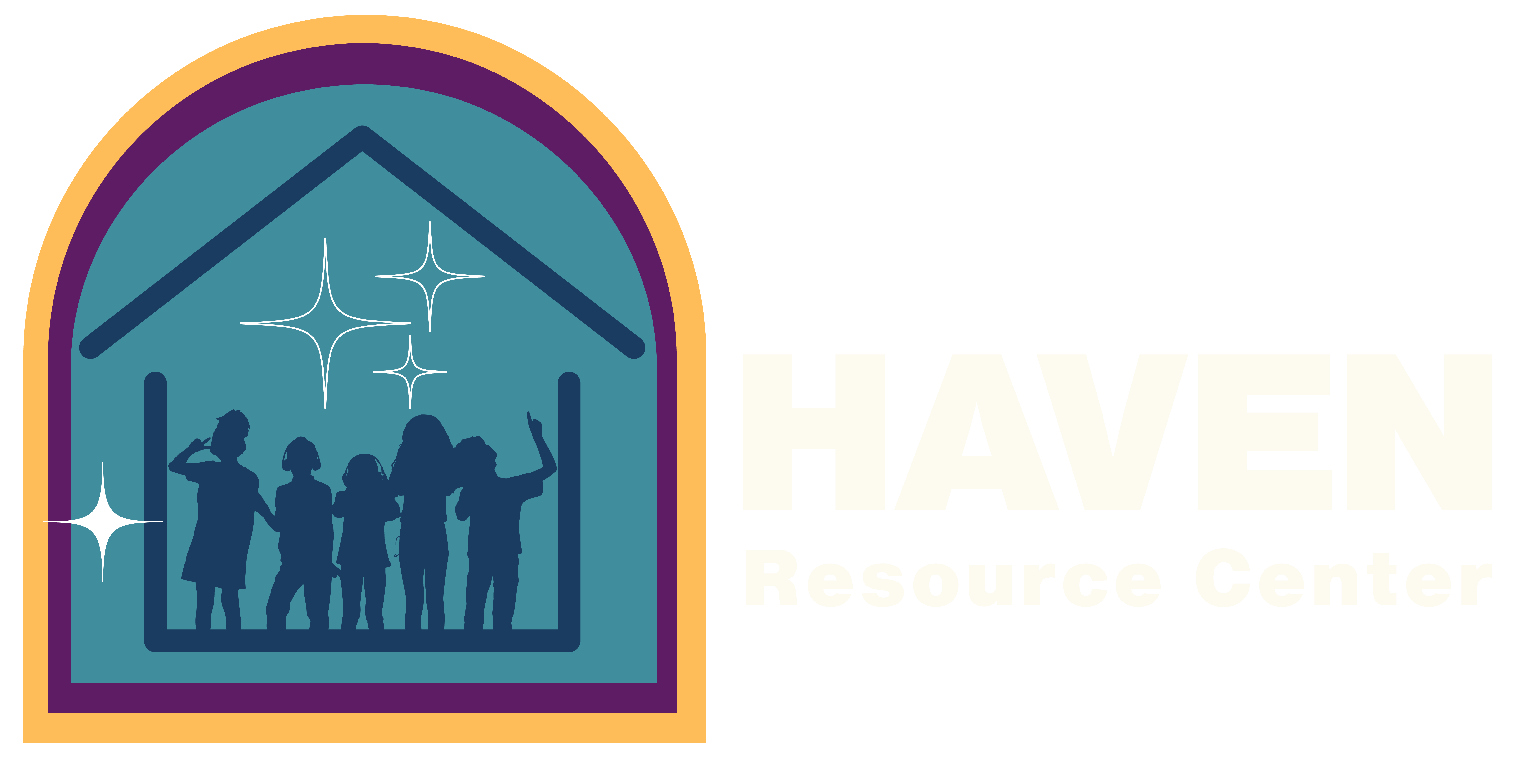Welcome to Haven'sParent Resources
Navigating the world of youth mental health can be challenging, but you’re not alone on this journey. As a parent or caregiver, you play a crucial role in supporting your child’s mental well-being. Whether you’re here because you have concerns about your child, want to learn more about mental health, or are simply looking to be proactive, we’re glad you’ve found Haven.
We're glad you've found your way to Haven.
Our parent resources are designed to empower you with knowledge, tools, and strategies to support your child’s mental health at every stage of their development. From understanding the unique challenges of different age groups to recognizing signs of mental health concerns, we’re here to help you foster a supportive environment for your child’s emotional growth.
Remember, supporting your child's mental health is an ongoing process. By educating yourself and staying engaged, you're taking an important step in supporting your child's overall well-being.
We encourage you to explore our resources, take your time with the information, and remember that seeking help when needed is a sign of strength, both for you and your child.
What You’ll Find Here:
Age-Specific Guidance:
Resources tailored for parents of children aged 9-13, teens 14-17, and young adults 18-21.
Expert-Backed Information:
Clear, reliable information on various mental health topics affecting youth.
Practical Strategies:
Tips and techniques for talking to your child about mental health, setting boundaries, and promoting emotional well-being.
Crisis Support:
Information on what to do if your child is in crisis and how to access immediate help.
Educational Materials:
Articles, videos, and interactive resources to enhance your understanding of youth mental health.
Ready to Dive In?
Choose a topic below to start your journey:
The ages of 9-13 mark a significant transition period as children enter early adolescence. In this video, Ali Weisbrot, LICSW, gives a brief overview of what parents might expect.
Looking for more information, start here:
Anger is a normal emotion, but for children aged 9-13, it can be particularly intense as they navigate hormonal changes and new social pressures. J. Corey Williams, MD, describes how anger impacts kids at this age and offers mindful parenting advice to help you navigate this new stage with your child.
More resources:
While suicide in children under 13 is rare, rates have been increasing, making prevention efforts crucial. Watch this short video from Swati Chanani, MD, to learn more about ways you can stay attuned to your tween’s needs at this stage of development. More resources:
The teenage years are marked by significant physical, emotional, and cognitive changes. We all went through it, but knowing more about research on adolescent development can help keep you grounded as you parent during this often challenging period.
Creating emotional safety is crucial for teens’ mental health and development. An emotionally safe environment is one where teens feel accepted, respected, and comfortable expressing their thoughts and feelings without fear of harsh judgment or punishment.
The transition to adulthood brings new challenges and opportunities as young people balance a desire for more autonomy with the increasing responsibilities of post-high school life. How can you support your child as they prepare to launch?
Psychosis involves a loss of contact with reality and can be frightening for both the individual experiencing it and their loved ones. Hear from one of our experts, Olivia Hamrah, MD.

